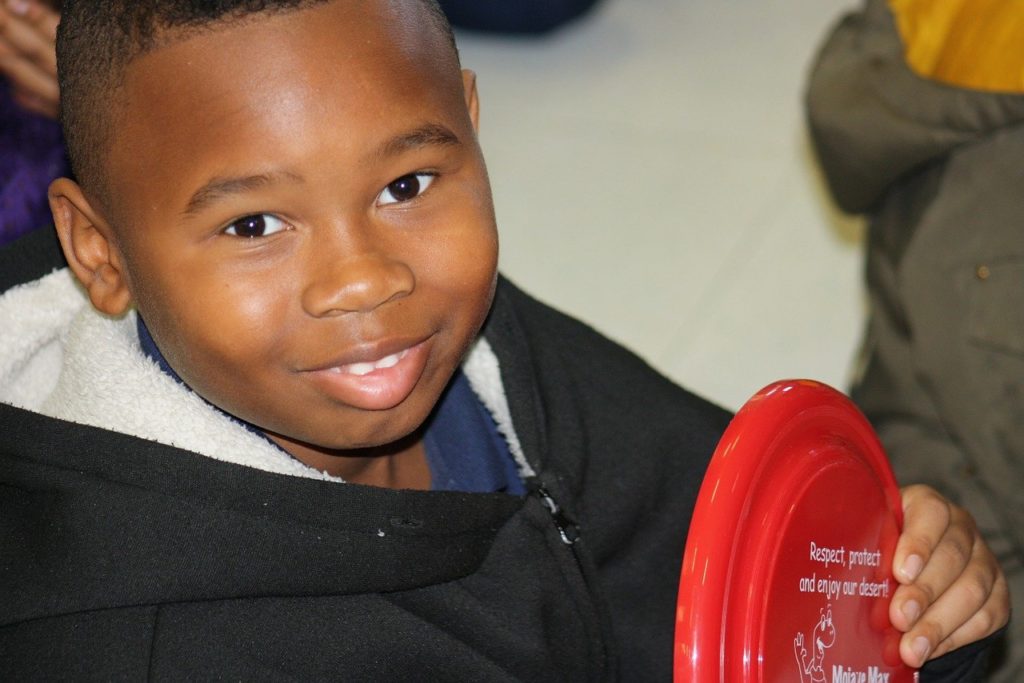I think we can all agree that honesty is one of the keystone values that parents need to teach their kids. Especially when it comes to honesty, starting early is essential. I’d even go as early as teaching honesty to elementary students.
The reason I recommend starting young is that the earlier you start teaching these keystone values the more likely they are to be really ingrained in our children. Values like honesty, independence, and work ethic are values we need to start teaching at a young age so that our children can carry them through high school and eventually college.
Before we dive into the different strategies of how to teach honesty to elementary students, first we need to diagnose why children are more inclined to lie in the first place.

Why Children Lie
Children lie, all the time. Why? Because lying solves all their problems. Mom is mad at you for knocking something over? Blame it on the dog. Just like that by giving you a lie all their problems went away.
Children hate being in trouble.
What I noticed is that children with more strict parents are more likely to lie. In simple terms, the more you overreact to your children doing bad things, the higher chance that they are going to lie to you, especially when they do something they shouldn’t have.
Lying does not stop there. The more they lie the easier it becomes.
If your child builds a habit of lying to you that habit is going to carry with them through high school and college.
They aren’t just going to lie to you, before you or they know it, they will be lying to their friends. Then the obvious next progression is lying to teachers and counselors.
This is a vicious cycle that many people go through. Believe it or not, we are surrounded by chronic liars. People who started lying when they were young and got away with it for long enough that it developed into a habit.
Our goal when teaching honest to elementary students is to stop the cycle before it spirals out of control.
Strategies to Teach Honesty to Elementary Students
Here are some ways to make sure you instill the value of honesty to your elementary students.
1. Explain the Consequences of Lying
The first and easiest way to teach honesty to an elementary student is to explain the consequences of lying.
Lying is a detrimental activity. It ruins everything to touches. Lying ruins marriages, families, and friendships. Our first goal is to get the student to understand the damage that lying can have on everything around it.
Hopefully once the student understands that, they are much less likely to lie in the future.
Feel free to give personal legitimate examples of how lying has hurt people you know.
Also, I encourage exaggerating. Try not to over-exaggerate (because elementary kids are not as dumb as we think) but be sure to make it clear to them the cons of lying to anyone.
2. Explain White Lies
Be sure to explain to the student that not all lies are created equal. Some lies are more harmful than others. Although white lies are not as bad as more serious lies, avoiding lying all together is the best practice.
Be sure to use examples of both. Here are some to get you started.
White Lie:
Someone asking you if their hair looks nice and you answer with a yes even though it doesn’t
Serious Lie:
Telling your parents you don’t have homework even though you do.
There is no exact term for the opposite of white lie so I like to use the term “serious lie” it helps underline the gravity of lying to someone intentionally to achieve a specific outcome.
3. Emphasis the Benefits of Telling the Truth
Telling the truth is actually pretty great. Not just because it is the moral thing to do but because it also helps relieve stress from our lives.
When telling the truth you no longer have to balance many different lies in your head. You are also less stressed about the person you lied to finding out the truth. Overall telling the truth comes with a sense of relief.
Most of the time when elementary students lie it is because it gets them out of a situation. They may have diffused the situation at the moment but most times that lie comes back to haunt them in the future. Even if it doesn’t, you are now have something additional on your conscious and have one more thing to remember whenever you interact with that person.
The point we are trying to get across here is that the pros of lying do not out weigh the cons. It is our job to get that message to the student.

What to Do If an Elementary Student Lies
If you get lied to by an elementary student or witness the student lying to another student, it is a great teaching opportunity. Do not let it go, that will only reinforce that lying gets them out of trouble.
First, explain to them that you know they lied. Sit down with them and discuss why they engaged in lying. Chances are their initial reaction is going to be denial. They will promise they are telling the truth, even repeat the lie multiple times.
Give them the evidence that you know they are lying and wait for them to digest that they’ve been caught in a lie.
Like I mentioned earlier, children’s little minds can not handle being in trouble. If you come down on them too hard, this will only further their lies.
Explain to them the magnitude of their lie. Take them down the path of the possible consequences of their lies. This is a perfect example to show them how lies can become more serious.
It is common for them to lie more to cover up the first lie.
The point is, do not let any lie go, not even small ones.
Conclusion
Honesty is one of the most important virtues to teach to elementary students.
It is more common than you may think to find kids lying. Most if not all children experiment with lying. It is our job as educators and parents to stop lying before it becomes a habit.
You can prevent lying by explaining the consequences of lying but if you do encounter them lying to your or someone else, be sure to stop it and explain the dangers of lying to others.
